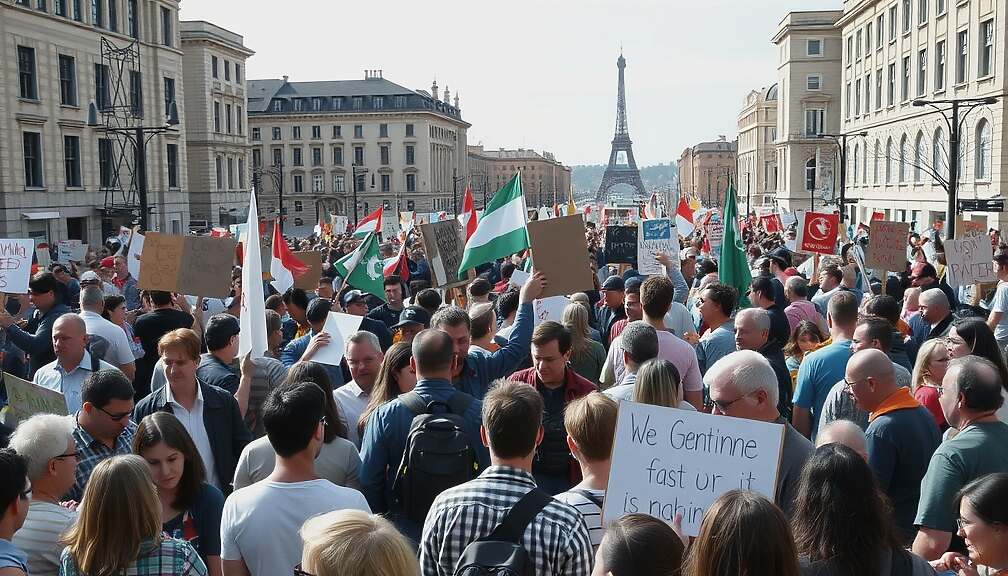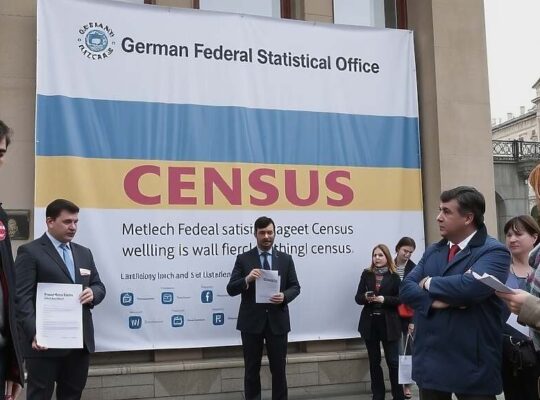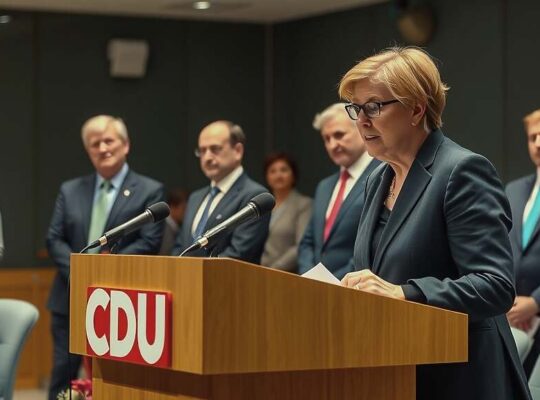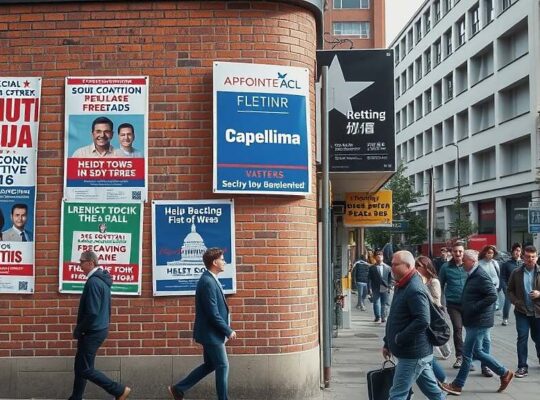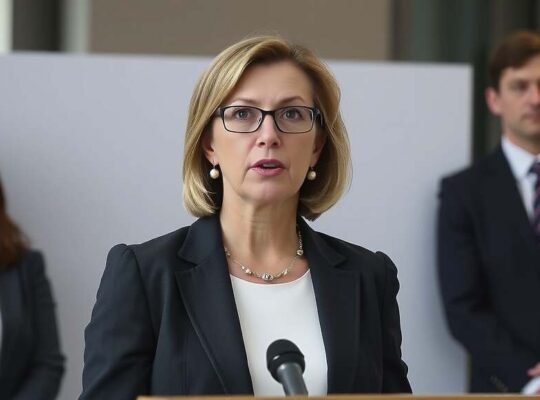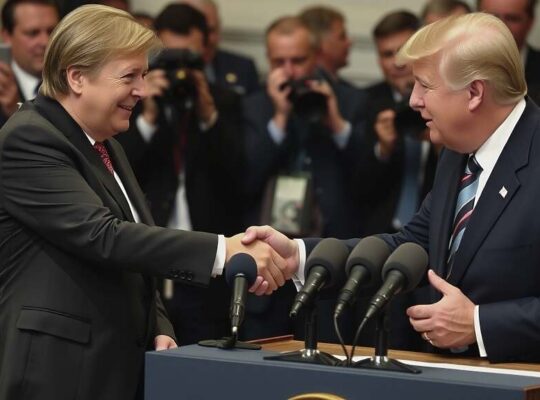The Paritätische Wohlfahrtsverband, a major German welfare association, has voiced strong opposition to proposals for a “Agenda 2030” in ongoing discussions surrounding social state reforms, cautioning against unilateral cuts.
Joachim Rock, the association’s managing director, emphasized the need for a policy focused on delivering tangible solutions by 2025, rather than a long-term, potentially distant plan. Rock highlighted widespread discontent stemming from issues such as limited access to healthcare, the unaffordability of quality care and the relatively low average retirement pension of just €1,100. He warned that pursuing simplistic cuts would exacerbate uncertainty and create opportunities for extremist and populist movements.
The calls for reform come amidst debates between the Christian Democratic Union (CDU) and the Social Democratic Party (SPD) regarding potential changes to Germany’s social state. CDU General Secretary Carsten Linnemann recently suggested a similarly comprehensive reform package, drawing parallels to Gerhard Schröder’s “Agenda 2010.
Rock urged the government to demonstrate its ability to act by fostering cooperation between coalition partners and achieving noticeable social advancements. Key areas of focus, he stated, should include relieving financial burdens on employees, effectively combating poverty among the elderly and within families and better supporting workforce integration. He advocated for a more equitable and robust financial structure for the social state, stressing the government’s responsibility not only for external and internal security, but also for social stability.


